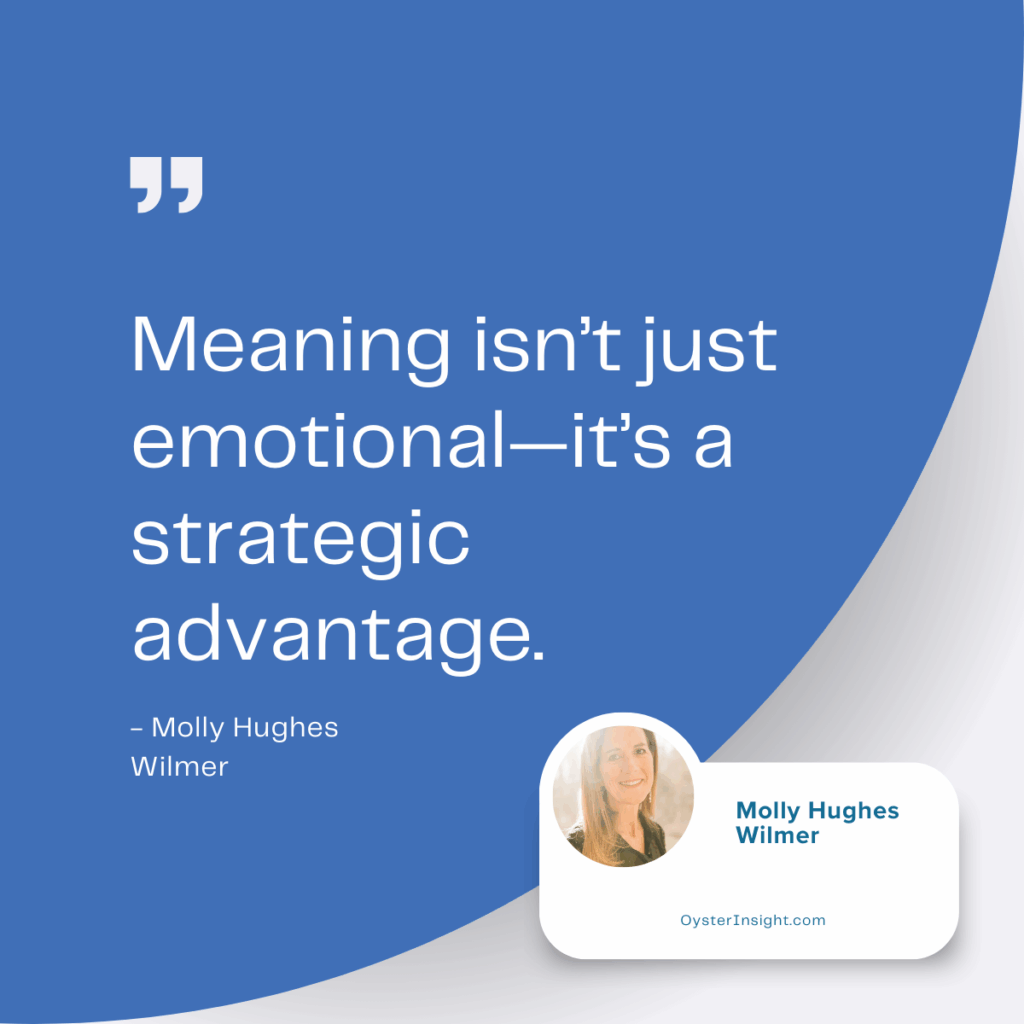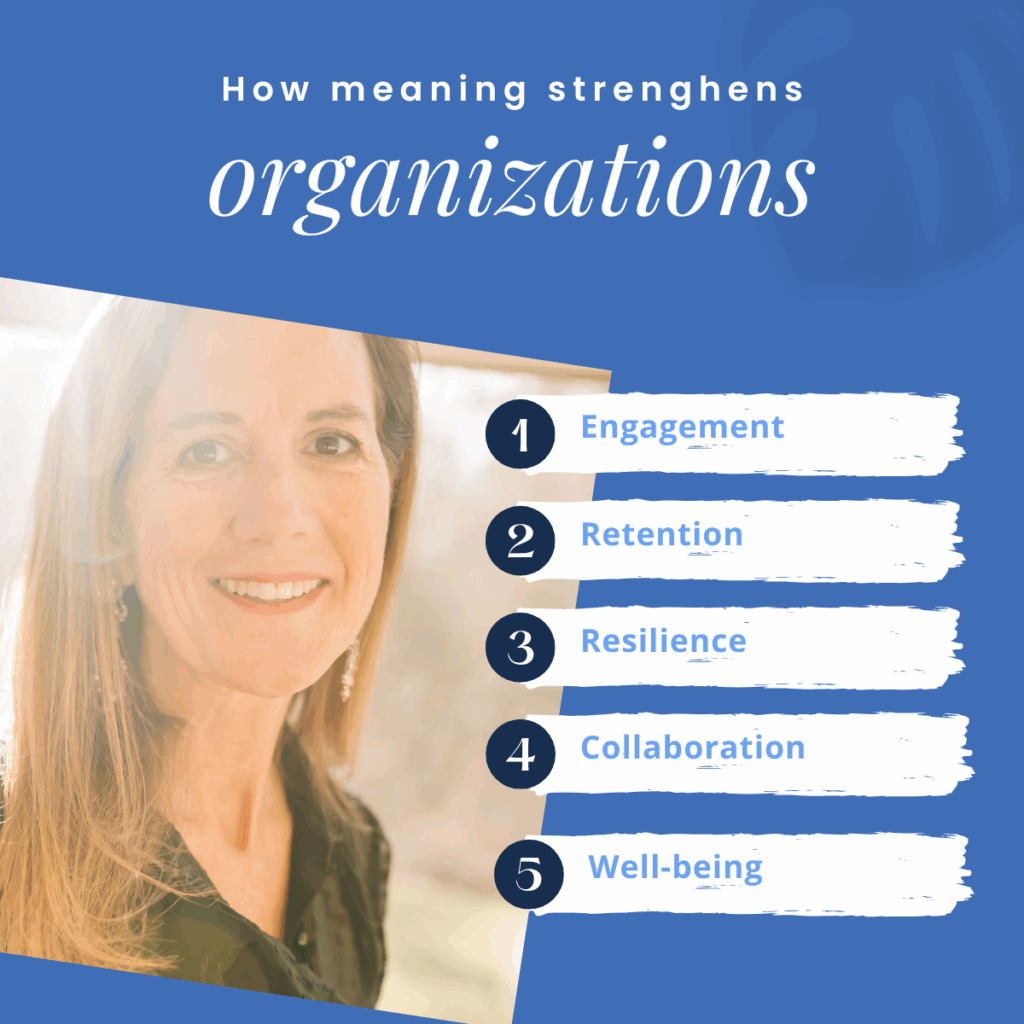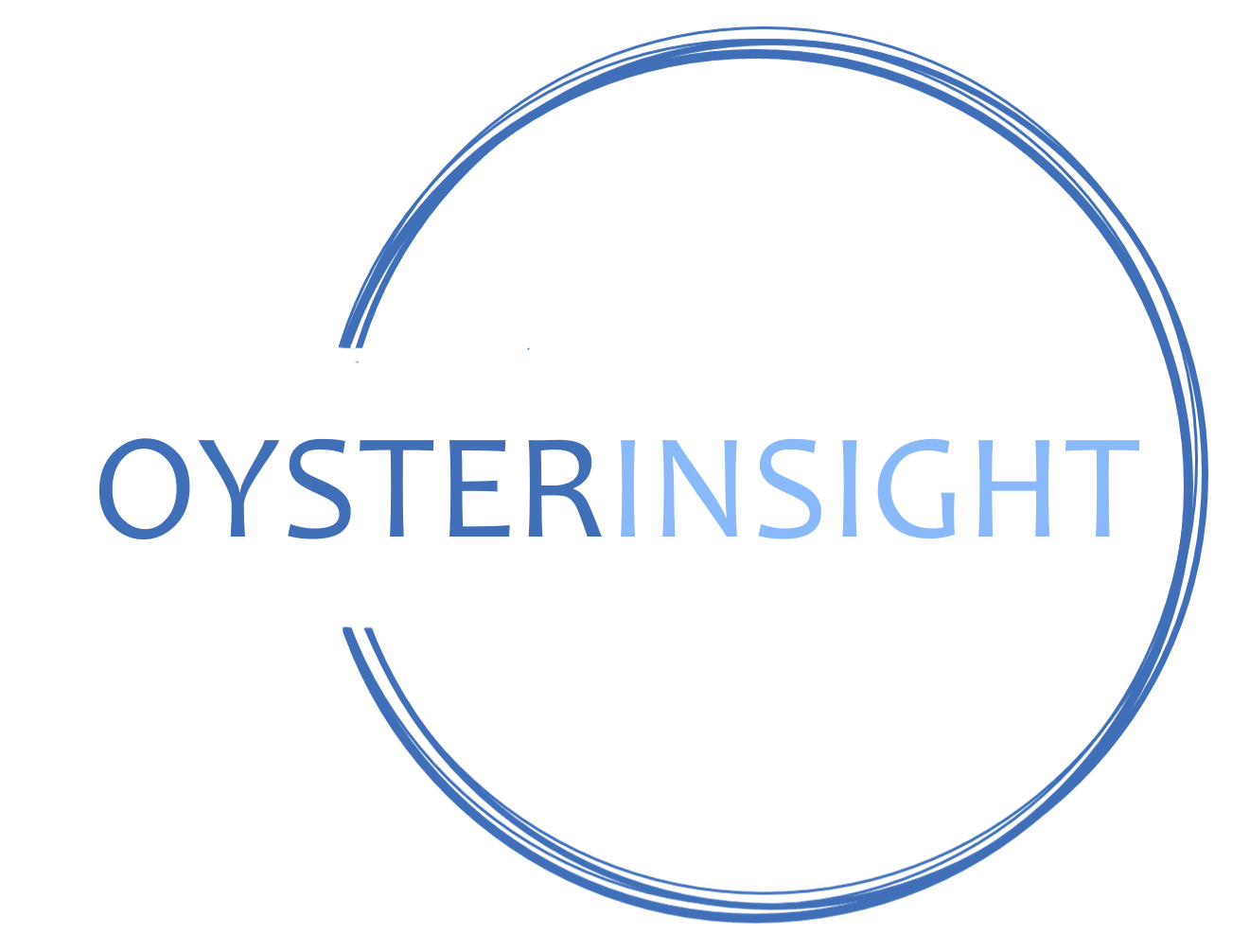From Myth to Math to Modern Leadership
Lately, I’ve been immersed in stories that circle the same, timeless question: Why?
Why do things happen as they do? What gives life meaning? And why does the search for answers matter so much?

At a recent board meeting for Hospice Cup, one of the hospice workers challenged us: “Start each meeting with a hospice story—remind yourselves why this work matters.”
That suggestion came just as these three stories began resurfacing in my life—books and ideas passed along by people I love, arriving at just the right time.
Joseph Campbell: The Power of Myth Campbell argues that myths aren’t just old stories. They are cultural and psychological frameworks that help us understand life’s transitions, challenges, and purpose. Myths offer metaphors and archetypes that guide us through the unknown, helping us feel connected to something universal and eternal.
Thornton Wilder: The Bridge of San Luis Rey Wilder begins with a stark question: “Is there a direction and meaning in lives beyond the individual’s own will?” After five people die in a tragic bridge collapse, a monk tries to understand why they were the ones who perished. Wilder doesn’t give us tidy answers. But he leads us to a deeper truth: that love, compassion, and understanding can offer meaning even when fate feels arbitrary.
Prime Target (series based on the novel) This one took me back to my childhood. In Prime Target, a gifted mathematician tries to unlock the mysteries of prime numbers—an attempt to impose logic on chaos. What begins as intellectual curiosity quickly escalates into a global conspiracy, and the question shifts: Why are some truths dangerous? What are the consequences of seeking answers?
All three works probe the human desire to understand. To organize the unknown. To believe our choices—and our suffering—aren’t random.
Why Meaning Matters: Insights from Philosophy and Psychology
Philosophical Perspectives
- Supernaturalism posits that meaning comes from a higher power or divine order.
- Naturalism says it comes from nature, human values, or personal fulfillment.
- Existentialism insists we must create meaning for ourselves.
- Nihilism denies inherent meaning, sharpening our need to construct it.
Psychological Research confirms this need:
- People with a strong sense of meaning report lower anxiety, higher life satisfaction, and better mental health.
- Meaning fuels resilience, helping us bounce back from trauma and loss.
- A “meaning mindset” in children predicts fewer symptoms of depression and greater emotional well-being.
- Meaning drives motivation, goal-setting, and healthy behavior.

The Organizational Parallel: Why Leaders Need a North Star
In organizations, the same principles apply. A sense of meaning isn’t just a “nice to have.” It’s essential.
Here’s how it shows up in leadership:
- Purpose-Driven Leadership increases engagement, creativity, and loyalty.
- Shared Meaning aligns teams, strengthens trust, and fosters collaboration.
- Clarity of Purpose helps people make decisions faster and with confidence.
- Resilience Through Purpose enables teams to weather disruption and adapt quickly.
Data backs this up:
- Engaging leadership styles that promote purpose boost job satisfaction and team effectiveness.
- Alignment between personal and organizational values increases fulfillment and retention.
- Employees who understand the “why” behind their work are more energized and committed.

Final Thought
From Campbell’s mythic archetypes, to Wilder’s meditations on love and fate, to a fictional mathematician chasing truth in Prime Target… the human quest for meaning is everywhere.
And in leadership? It’s not about having all the answers. It’s about offering direction when the road gets foggy.
A North Star doesn’t eliminate the mystery. It simply makes it possible to keep moving forward.
Especially in times of uncertainty, transition, upheaval, or innovation—when the ground beneath us is shifting—meaning becomes even more important.
It helps people navigate complexity. It grounds organizations through change. And it gives leaders a steady hand when everything else feels unpredictable.
That’s not abstract. That’s a strategic advantage.



